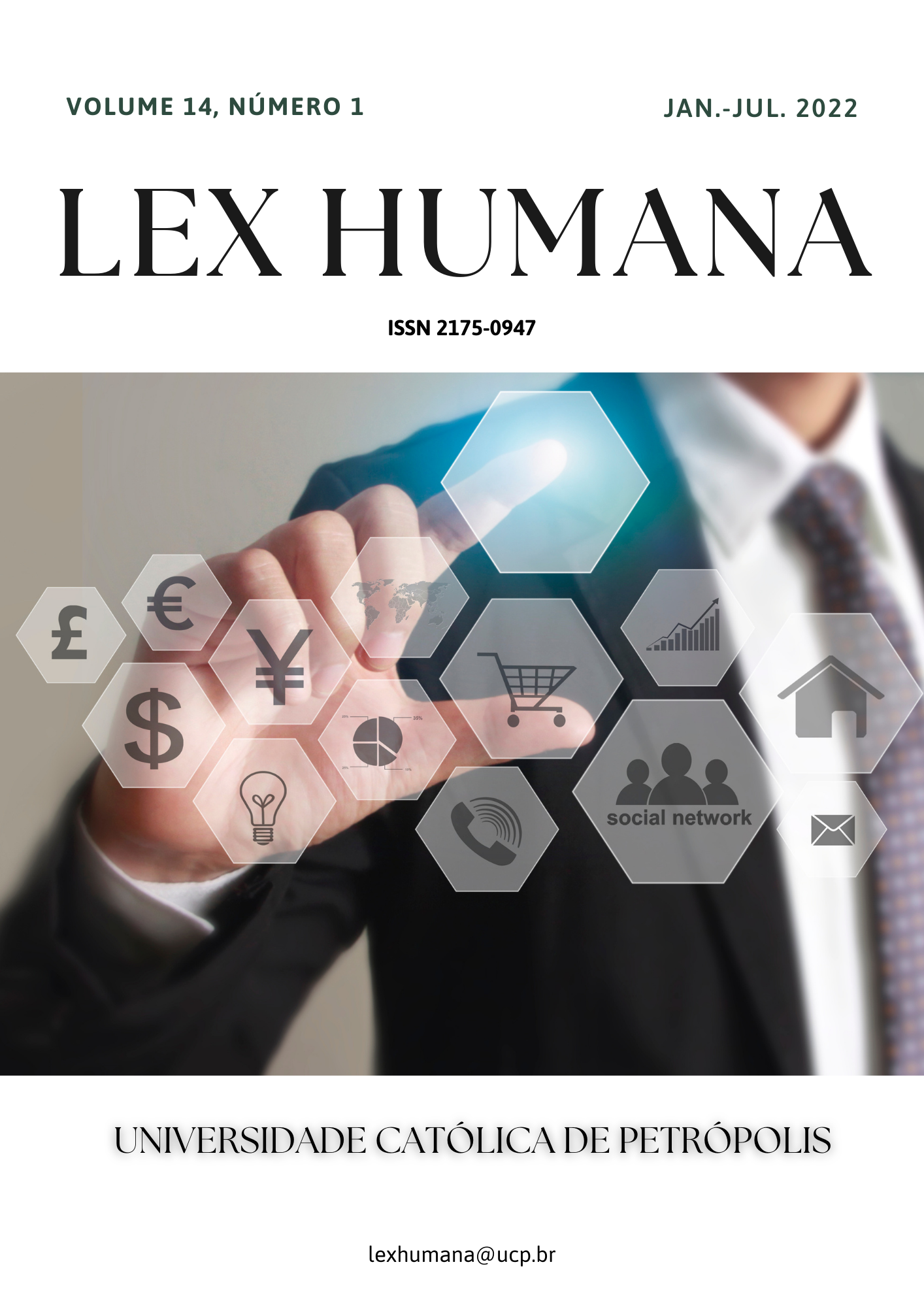Resumo
O objetivo do artigo é substanciar os aspectos econômicos e jurídicos do desenvolvimento de estruturas de agrupamento na formação de corredores de transporte internacional. A base metodológica do estudo consiste no uso integrado de um conjunto de métodos de pesquisa científica geral e especializada. A base da pesquisa foi formada por atos legislativos e regulamentares, materiais das agências estatais e autoridades locais, e publicações científicas. O clustering do transporte contribui para o uso de oportunidades de recursos na região. É determinado que a clusterização é percebida como uma forma institucional e legal específica do curso escolhido de gestão eficaz do complexo de transportes pelo Estado e pela região. As áreas promissoras de pesquisa sobre o problema do clustering são comprovadamente os problemas de nível nacional e local. É determinado que o mais promissor é o desenvolvimento futuro dos clusters de transporte regional e a unificação de todas as partes interessadas no mesmo, o que deve levar a um aumento do potencial econômico em nível regional, garantindo altas taxas de crescimento do produto regional interno, reduzindo os custos específicos de transporte e melhorando o nível técnico dos veículos e equipamentos.
Referências
Agamirova, Ek. V., Agamirova, El. V., Lebedeva, О. Ye., Lebedev, К. А., & Ilkevich, S. V. (2017). Methodology of estimation of quality of tourist product. Quality - Access to Success, 18(157), 82-84.
Bender, V. G. (2021). Usloviia formirovaniia regionalnogo transportno-logisticheskogo klastera v Respublike Khakasiia [Conditions for the formation of a regional transport and logistics cluster in the Republic of Khakassia]. Saint-Petersburg Economic Journal, 3, 47-54.
Ermakova, E. V., & Romanova, A. T. (2020). Analiz ekonomicheskoi ustoichivosti predpriiatii, rabotaiushchikh na transportnom rynke [Analysis of economic stability of enterprises operating in the transport market]. Vestnik MHEI, 2, 114-137.
Kosheleva, T. N., Grozovskaia, E. V., & Brazevich, D. S. (2020). Metodologicheskie osnovy razrabotki kontseptsii upravleniia razvitiem predprinimatelskoi deiatelnosti na transporte [Methodological foundations of the concept of managing the development of entrepreneurial activity in transport]. Alma Mater, 1, 99-103.
Kutsenko, E. I., & Mishurova, A. I. (2020). Neirosetevoe modelirovanie sostoianiia transportno-logisticheskoi infrastruktury zarubezhnykh stran i Rossiiskoi Federatsii [Neural network modeling of transport and logistics infrastructure of foreign countries and the Russian Federation]. Management in Russia and abroad, 1, 29-39.
Lukiyanchuk, I. N., Panasenko, S. V., Kazantseva, S. Yu., Lebedev, K. A., & Lebedeva, O. E. (2020). Development of online retailing logistics flows in a globalized digital economy. Revista Inclusiones, 7(S2-1), 407-416.
Malyugina, N. M., Polyakova, R. I., Fedorova, E. A., Tretyak, E. B., & Shadskaja, I. G. (2020). The specifics of discourse modeling in intercultural communication. Revista Inclusiones, 7(4), 486-495.
Markova, O. V., Listopad, E. Ye., Shelygov, A. V., Fedorov, A. G., & Kiselevich, I. V. (2021). Economic and legal aspects of the innovative activity of enterprises in the context of the digital economy. Nexo Revista Científica, 34(2), 964-672.
Mikhailov, A. S., Mikhailova, A. A., & Khvalei, D. V. (2021). Otraslevye klastery prigranichia evropeiskoi chasti Rossii: Dinamika obrazovaniia v 2000-kh gg. [Industry clusters of the border areas of the European part of Russia: The dynamics of formation in the 2000s]. Pskov Journal of Regional Studies, 1(45), 3-20.
Milev, A. I. (2021). Mesto transportnoi infrastruktury v razvitii regionov [The place of transport infrastructure in the development of regions]. Human Progress, 7(2), 7.
Ogloblina, E. V., Seredina, M. I., Altunina, J. O., Kodolov, V. A., & Lebedev, K. A. (2020). Socio-economic consequences of digital development of the economy. Revista Inclusiones, 7(S3-5), 421-430.
Zavalko, N. A., Kozhina, V. O., Zhakevich, A. G., Matyunina, O. E., & Lebedeva, O. Ye. (2017). Methodical approaches to rating the quality of financial control at the enterprise. Quality - Access to Success, 18(161), 69-72.

Este trabalho está licenciado sob uma licença Creative Commons Attribution-NonCommercial-NoDerivatives 4.0 International License.
Copyright (c) 2022 Lex Humana (ISSN 2175-0947)

